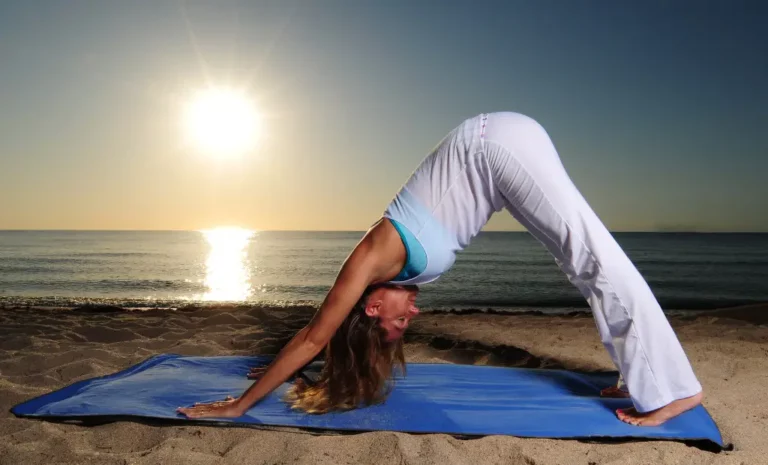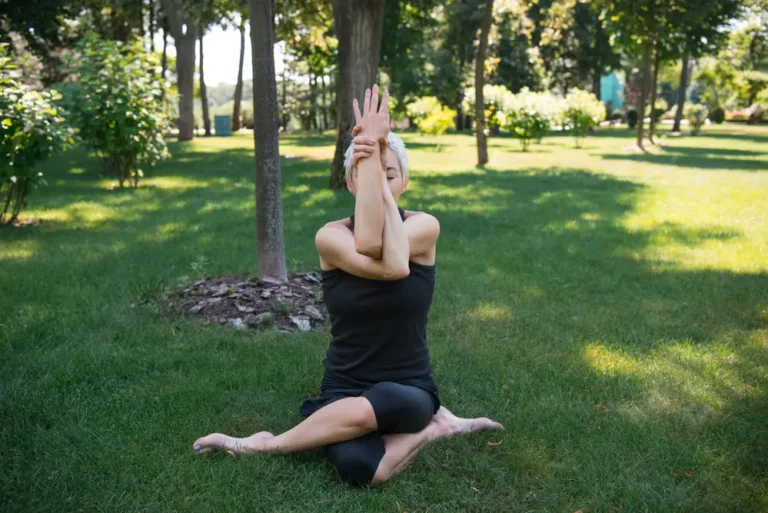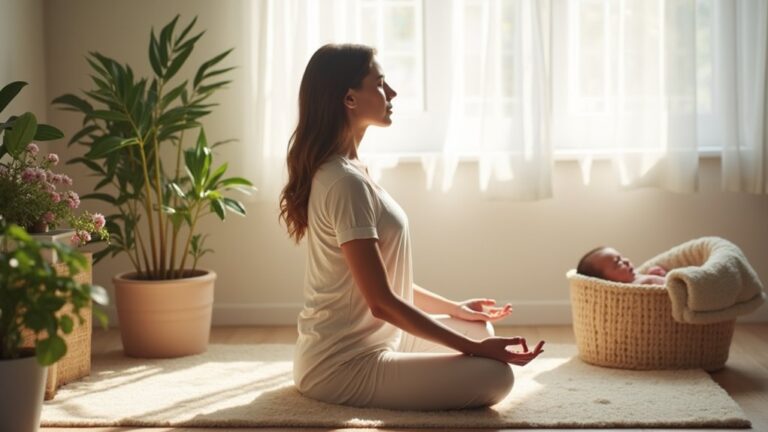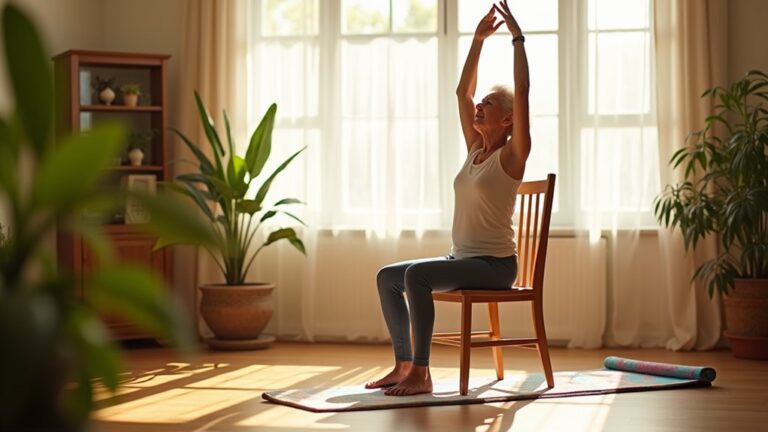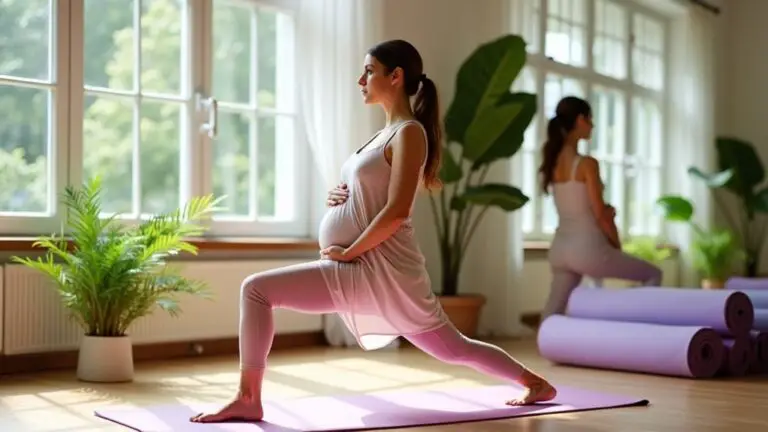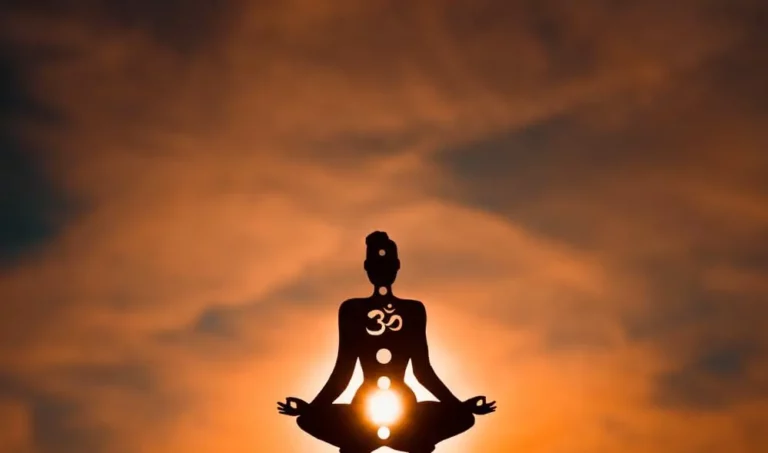Should You Shower Before or After Yoga?
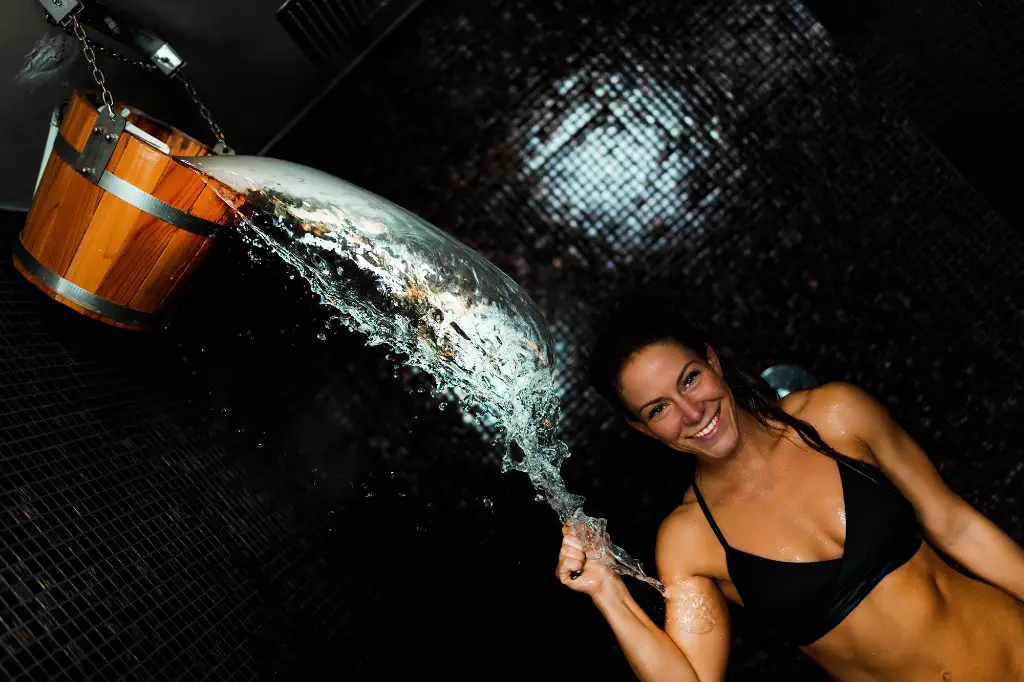
Moisture and temperature influence the body in countless ways and largely determine how immersive and beneficial your yoga practice will be. Therefore, it is essential to know whether you should shower before or after yoga to maximize your experience.
It is best to take a cold shower before yoga to stimulate the glands and prepare your body for your session. However, you should avoid a hot shower for at least one hour before or after practicing yoga since hot water directs blood flow toward your skin and away from essential organs.
Yoga is an ancient and intricate practice that requires sufficient preparation to enhance the benefits it offers your mind and body. Likewise, there are several things you should do to replenish your energy and optimize your recovery rate.
Should You Hydrate Before or After Yoga?
It is essential to hydrate before you begin yoga practice since adequate hydration will help you reach deeper into each asana without the risk of fainting. Furthermore, it increases your focus which aids in creating an immersive experience.
However, it is best to hydrate throughout the day instead of taking in a large volume of liquid shortly before yoga practice since a full bladder can cause discomfort and nausea during your session. Furthermore, drinking fluids rich in electrolytes will help stabilize your blood sugar levels before your session to avoid dizziness and the risk of fainting.
After your yoga practice, make sure that you adequately hydrate and replenish electrolytes to optimize recovery. It is essential to avoid alcohol and caffeine after your session since your body is dehydrated from sweating.
What Are the Benefits of a Cold Shower Before Yoga?
Before yoga, a cold shower acts as a form of hydrotherapy that clears the mind, activates the senses, and shunts blood flow from the skin toward skeletal muscle and essential organs. Since you will be exercising muscle groups during your session, it is imperative that they receive sufficient oxygen and nutrients from your blood.
Furthermore, starting your day with a cold shower improves your circulation, boosts your energy, and activates your digestive, circulatory, lymphatic, and neurological systems. This overall activation optimizes energy production during your yoga session.
Cold showers are proven to give you a healthy glow. The cool temperature does not strip the sebum layer of your skin as hot water does and constricts blood flow in the skin. Additionally, cold water closes and strengthens the hair cuticle, promoting strong, moisturized hair.
Kundalini Yoga practices include cold showers to begin each day to stimulate the mind and body. The shower begins by lightly exfoliating using a sponge or a body brush. Then, almond oil is massaged into the skin before entering the water. Practice gentle body movement and massage for at least three minutes under the cold water.
What Should You Do After Yoga?
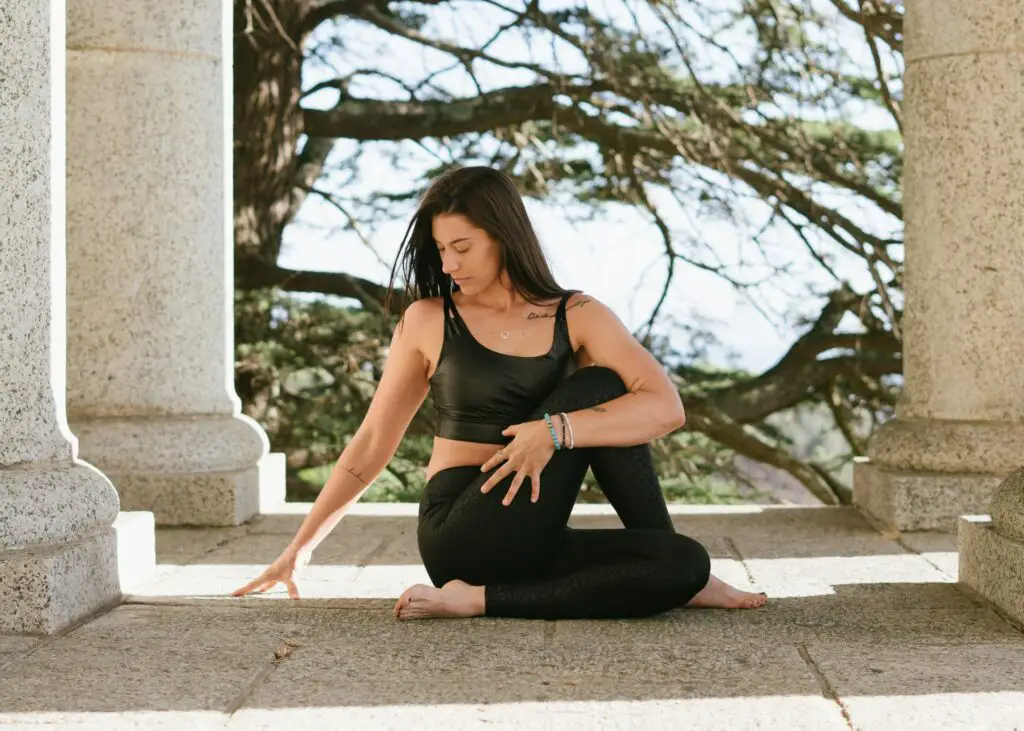
After yoga practice, your body needs to be nurtured in the correct way to optimize recovery and prolong the benefits of your session. The first and most crucial step is to savor your savasana pose. This allows your body to recover and absorb the energy it has created during your practice. Furthermore, savasana slows heart rate, breathing rate, and blood pressure while enhancing concentration.
It is essential to clean your mat after practice. Your yoga studio is crawling with germs, bacteria, and viruses that thrive in wet, steamy environments like your tightly wrapped mat. Wipe down your mat with a sanitizer, or make your own natural spray using water, tea tree, lemon, or lavender oil – all of which have antibacterial and antifungal properties.
Wait at least an hour before taking a warm shower to cleanse your skin of toxins released when you sweat. It is important to scrub and rinse your body after practice thoroughly since a build-up of sweat harbors bacteria which can cause skin irritation and breakouts. Remember to use a gentle moisturizer after your shower to nourish the skin.
Your body burns energy and loses electrolytes during your session, which is why it is essential to refuel with nutritious and calorie-rich foods after yoga practice. Wait 20 to 30 minutes before eating to allow your body to rest before expending energy to digest your meal.
How Should You Prepare for Yoga?
It is ideal to practice on an empty stomach, so take a trip to the restroom and avoid eating heavy meals at least three hours before yoga. A full stomach can make certain poses painful and limit your practice. However, to give your body a slight boost of energy and ensure that your blood sugar levels are in a healthy range, you may have a small snack before class.
Take a moment to check in with yourself before yoga practice. Don’t practice yoga if you’re tired, rushed, injured, or sick. Your instructor must be aware if you have high blood pressure, heart problems, or dizziness. If an asana is not appropriate for you, your teacher may adjust it.
Make yourself comfortable to get the most out of your session. This includes wearing stretch fabric clothing, removing any jewelry that may distract you, and tying your hair away from your face. Furthermore, it is best to be barefooted, but yoga socks can be worn if you prefer.
Rid yourself of all distractions to maximize your presence and become fully aware of each sensation during your session. This means leaving your phone at home, in a locker, or switching it off before you begin yoga practice.
Conclusion
Taking a cold shower before yoga practice shunts blood flow toward skeletal muscle and essential organs and activates your body which helps to maximize your range of movement and presence during your session. Wait at least one hour before taking a warm shower after practice to cleanse the skin of sweat and toxins.
Comfort and conditioning are vital in preparing for your session. Hydrating and replenishing electrolytes before and after yoga are essential for recovery. Additionally, eating a light snack prior to practice followed by a nutritious and calorie-dense meal after yoga will refuel your body and help prepare you for your next session.

